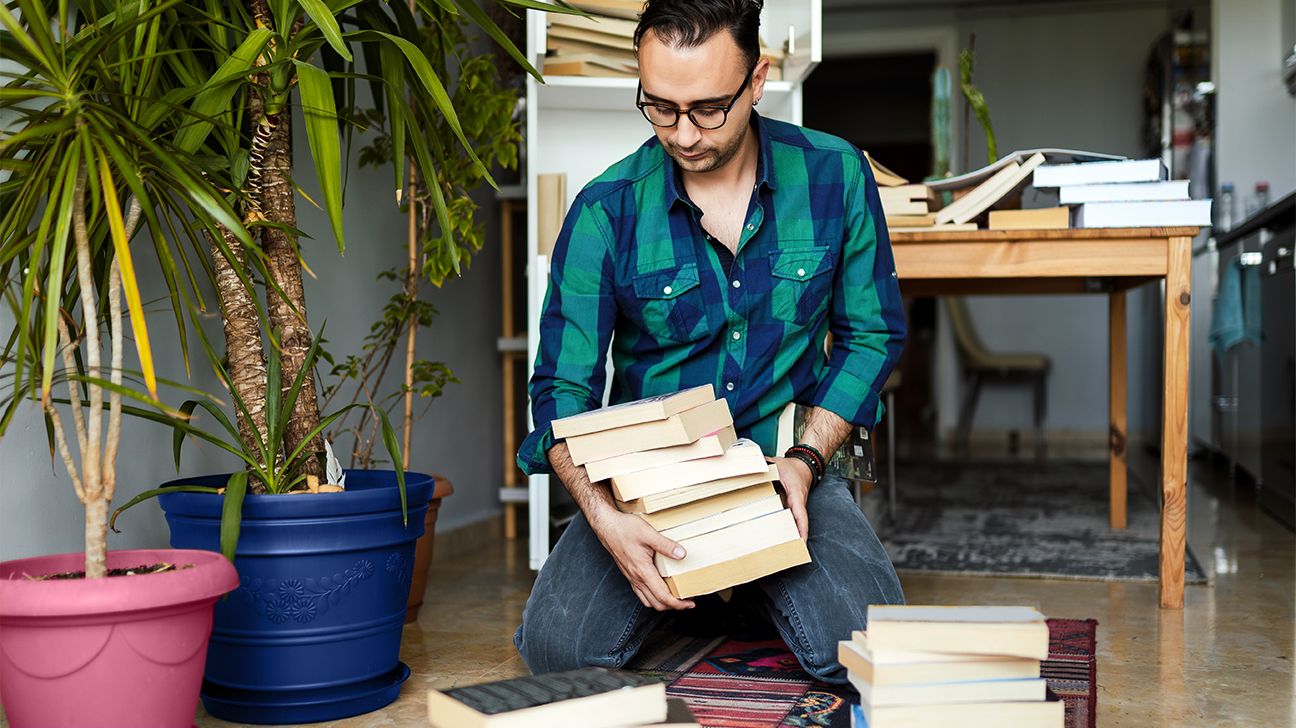We include products we think are useful for our readers. If you buy through links on this page, we may earn a small commission. Here’s our process.
Greatist only shows you brands and products that we stand behind.
Our team thoroughly researches and evaluates the recommendations we make on our site. To establish that the product manufacturers addressed safety and efficacy standards, we:- Evaluate ingredients and composition: Do they have the potential to cause harm?
- Fact-check all health claims: Do they align with the current body of scientific evidence?
- Assess the brand: Does it operate with integrity and adhere to industry best practices?
Being an ally isn’t as simple as reading some books, and checking in on your Black friends will not save you from doing the work. Combating white supremacy and fighting for the liberation of Black people isn’t something you complete or check off a list. The momentum has to be sustained from this moment onward.
First, there are the outward actions you can take, like calling out racism in the workplace, donating to causes for and by Black people, buying from Black-owned stores (especially bookstores!), and taking on the emotional labor of explaining racism to your friends and family.
But as an ally, you also have to take inward action. To become acutely aware of your privilege and the power that comes with it, you must constantly check in with yourself.
Remember, you were taught a Eurocentric curriculum in school. You’ve spent your whole life watching TV and movies with white characters written by white writers. Most of your understanding of the world has been taught to you from the perspective of whiteness and unlearning that will take tremendous effort.
An important part of that unlearning process is listening to Black voices and we don’t mean messaging a Black person, be it your friend or a journalist online, to explain things to you. Black people are not obligated to be your emotional backbone and take on this unrequited labor for you. It’s not their job to teach you, but it is your responsibility to learn.
We mean reading Black authors and writers, watching Black-made films, and donating to Black causes.
Several Black people have recently made Twitter threads with PDF’s of essential texts in order to make them more accessible. Titles such as The Wretched of the Earth by Frantz Fanon and Are Prisons Obsolete? by Angela Davis are widely available online. There is absolutely no reason to be ignorant about race relations in America. All of the information is right in front of you.
So, while being an ally is complicated, it’s not impossible. Below are a few resources to dig into.
- How to Be an Antiracist by Ibram X. Kendi
- Hood Feminism: Notes from the Women That a Movement Forgot by Mikki Kendall
- Are Prisons Obsolete? by Angela Davis
- The Fire Next Time by James Baldwin
- As Black As Resistance by Zoé Samudzi and William C. Anderson
- Just Mercy: A Story of Justice and Redemption by Bryan Stevenson
- Between the World and Me by Ta-Nehisi Coates
- The Bluest Eye by Toni Morrison
- The Warmth of Other Suns: The Epic Story of America’s Great Migration by Isabel Wilkerson
- The Wretched of the Earth by Frantz Fanon
- “13th” (Netflix)
- “When They See Us” (Netflix)
- “Just Mercy” (Currently free to stream on Apple TV)
- “The Hate U Give” (Currently free to stream on Apple TV)
- “The Black Power Mixtape, 1967-1975” (Currently free to stream on Apple TV)
- “I Am Not Your Negro” (Amazon Prime Video)
- “Boyz n the Hood” (Hulu)
- “If Beale Street Could Talk” (Hulu)
Following these Black-run news sites will help you understand the severity and toll of racism against Black people.
Donating is one of the most immediate ways to support Black lives. Check out this article for a list of people and orgs to donate in an impactful way.
- The Tony McDade Mental Health Recovery Fund and The Nina Pop Mental Health Recovery Fund
- In memory of Tony McDade (a Black trans man who was shot by a police officer in March) and Nina Pop (a Black trans woman who was fatally killed in May), these emergency mutual aid funds offer one-time mental health therapy sessions with licensed Black male therapists and Black female therapists, respectively. Black trans people are especially at-risk for violence and discrimination (staggeringly, Black trans women have an average life expectancy of 35). It’s important to think inclusively when considering where to donate for Black lives.
- The Foundation for Black Women’s Wellness
- The Foundation for Black Women’s Wellness is seeking donations in order to open more wellness centers across the country. They aim to “radically transform Black Women’s health by creating a world where Black women and girls live long, happy and thriving lives, defined by healthy minds, bodies, and spirits.” They offer financial wellness, physical activity, and a sense of sisterhood and community.
- Loveland Therapy Fund
- The Loveland Therapy Fund is providing mental health resources to Black women. With donations, they are able to provide “culturally competent” services to Black women and girls. Finding a therapist who understands the Black experience is essential, and it’s important for Black people to confide in someone who they don’t have to explain their plight to.
Juliana Ukiomogbe is a freelance writer who covers culture, wellness, books, and movies. You can follow her on Twitter.

